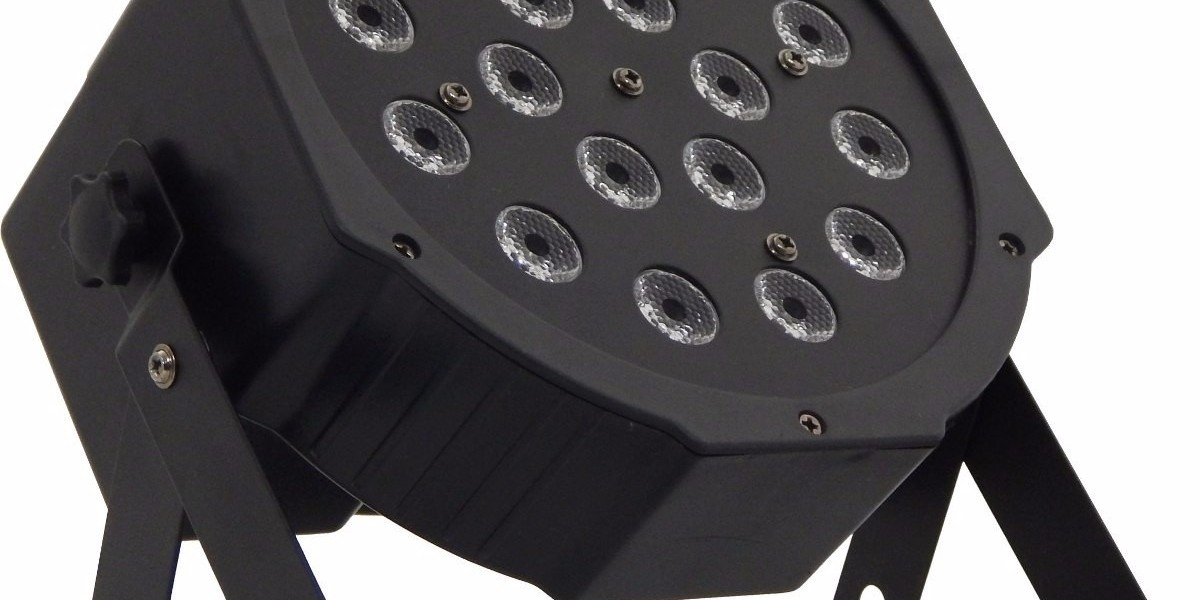When it comes to modern manufacturing processes, CNC machining has become a popular choice for many industries. CNC, or Computer Numerical Control, machining utilizes computerized systems to control the movement and operation of machine tools. This technology offers numerous advantages and disadvantages for businesses looking to implement it in their industry. In this article, we will explore the pros and cons of implementing CNC machining in your industry, providing you with a comprehensive understanding of this topic.
Increased Efficiency and Precision
One of the major advantages of CNC machining is its ability to significantly improve efficiency and precision in manufacturing processes. With the use of computerized controls, CNC machines can perform complex tasks with high accuracy and repeatability. This eliminates the potential for human error and ensures consistent quality in the final products. For industries that require intricate and precise components, CNC machining can be a game-changer.
For example, in the aerospace industry, where safety and precision are of utmost importance, CNC machining plays a crucial role. The ability to produce complex parts with tight tolerances ensures that aircraft components fit together perfectly, reducing the risk of failure and enhancing overall safety.
Reduced Labor Costs
Implementing CNC machining in your industry can also lead to significant cost savings in terms of labor. Unlike traditional machining methods that require skilled operators to manually control the machines, CNC machines can be operated by a single person who oversees the programming and monitoring of the process. This reduces the need for a large workforce, resulting in lower labor costs.
Furthermore, CNC machines can operate continuously, 24/7, without the need for breaks or rest. This means that production can continue even outside regular working hours, maximizing output and reducing production time. As a result, businesses can save on labor costs while increasing productivity.
Flexibility and Versatility
CNC machining offers a high level of flexibility and versatility, making it suitable for a wide range of industries. The ability to program and reprogram CNC machines allows for quick and easy changes in production processes. This is particularly beneficial for industries that require frequent product customization or have varying production demands.
For instance, in the automotive industry, where different car models may require specific components, CNC machining enables manufacturers to adapt quickly to changing requirements. By simply modifying the machine's programming, they can produce different parts without the need for extensive retooling or setup changes.
Initial Investment and Maintenance Costs
While CNC machining offers numerous advantages, it is important to consider the associated costs. The initial investment in CNC machines can be substantial, especially for small businesses. The cost of purchasing the equipment, as well as the required software and training, can pose a financial challenge.
Additionally, CNC machines require regular maintenance and occasional repairs, which can add to the overall cost of implementation. It is crucial to factor in these expenses when considering the feasibility of implementing CNC machining in your industry.
Despite the initial costs, many businesses find that the long-term benefits outweigh the investment. The increased efficiency, precision, and reduced labor costs often result in improved profitability and competitiveness.
In conclusion, cnc machining offers numerous advantages and disadvantages for businesses considering its implementation in their industry. The increased efficiency, precision, and reduced labor costs make it an attractive option for many. However, the initial investment and maintenance costs should be carefully evaluated. By weighing the pros and cons, businesses can make informed decisions about whether CNC machining is the right choice for their industry.







